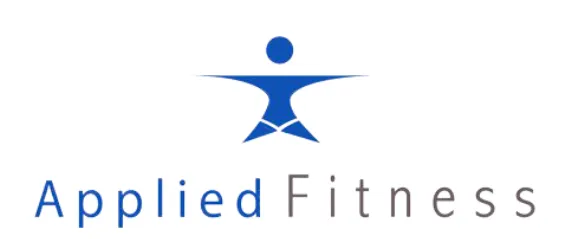GET YOUR fitness success after 40 jumpstart
Reset Your Metabolism & Reclaim Your Confidence - In Just 30 days!
Ready to ditch the exhaustion, stubborn weight, and diet confusion? I can help!
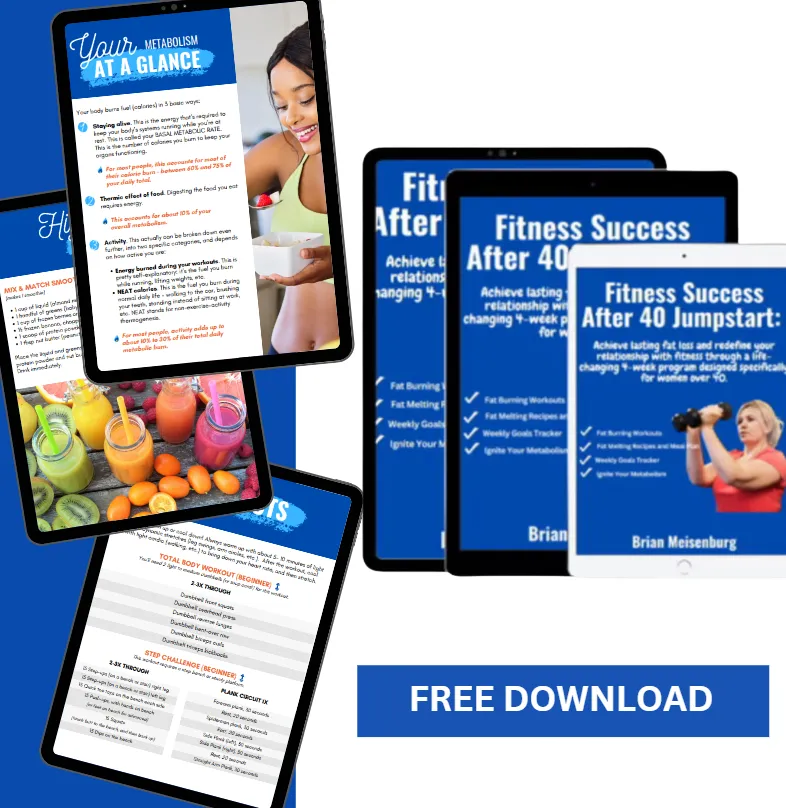
Grab My Fitness Success After 40 Jumpstart
Get my FREE Jumpstart guide specifically designed to help reset your sluggish metabolism.
My Approach
My approach is simple, sustainable, and designed for women over 40 who feel stuck in cycles of dieting and fatigue.
I combine metabolism-reset strategies, personalized training, hormone-friendly nutrition, and compassionate accountability.
No cookie-cutter plans, no all-or-nothing pressure — just proven systems that create momentum, early wins, and long-term results.
My mission is to help you feel energized, confident, and in control of your body again — without sacrificing your lifestyle or joy.

how it works?
Ready to take control of your health? You have two ways to get started.
Be My VIP – Get a taste of what it’s like to work with me. Gain access to me for 3 FREE private sessions- you’ll jumpstart fat loss, boost energy, and build momentum with simple, sustainable habits.
Book a Discovery Call – If you’re ready for deeper support, let’s chat. We’ll go over your goals, struggles, and see if one of my advanced coaching programs is the right fit for lasting transformation.
No more waiting - your journey starts today. Which path feels right for you?
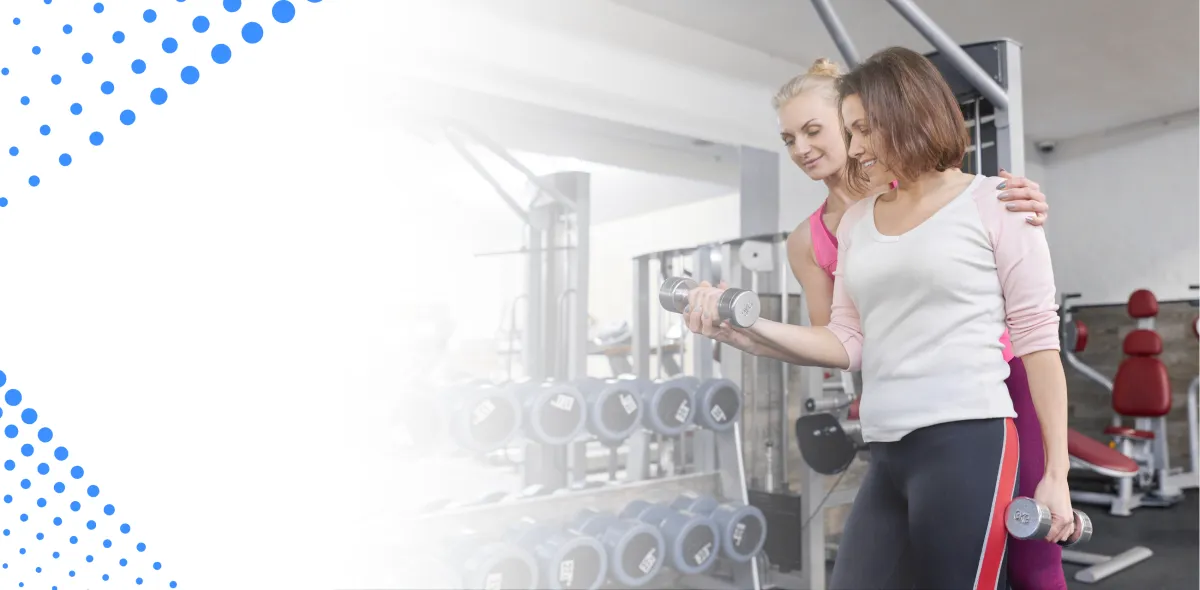
HORMONE FRIENDLY NUTRITION
Meal plans that will make your taste buds dance with joy, boost your metabolism and balance your hormones.
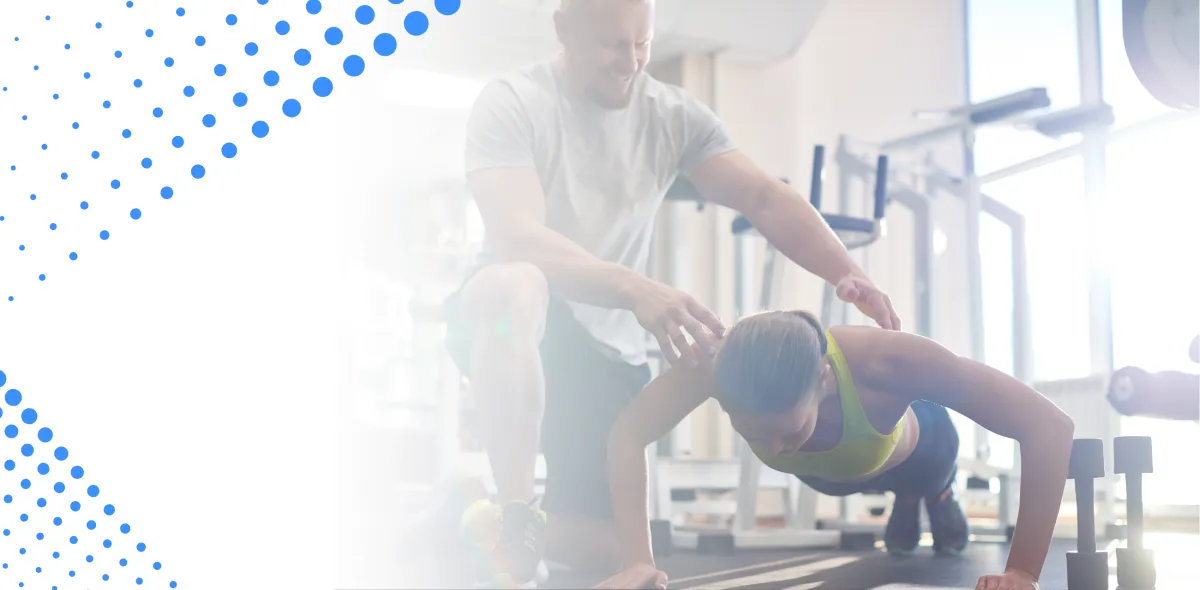
WORKING OUT
Strength training customized for you, your goals, your needs, and your abilities and designed to boost fat loss and sculpt
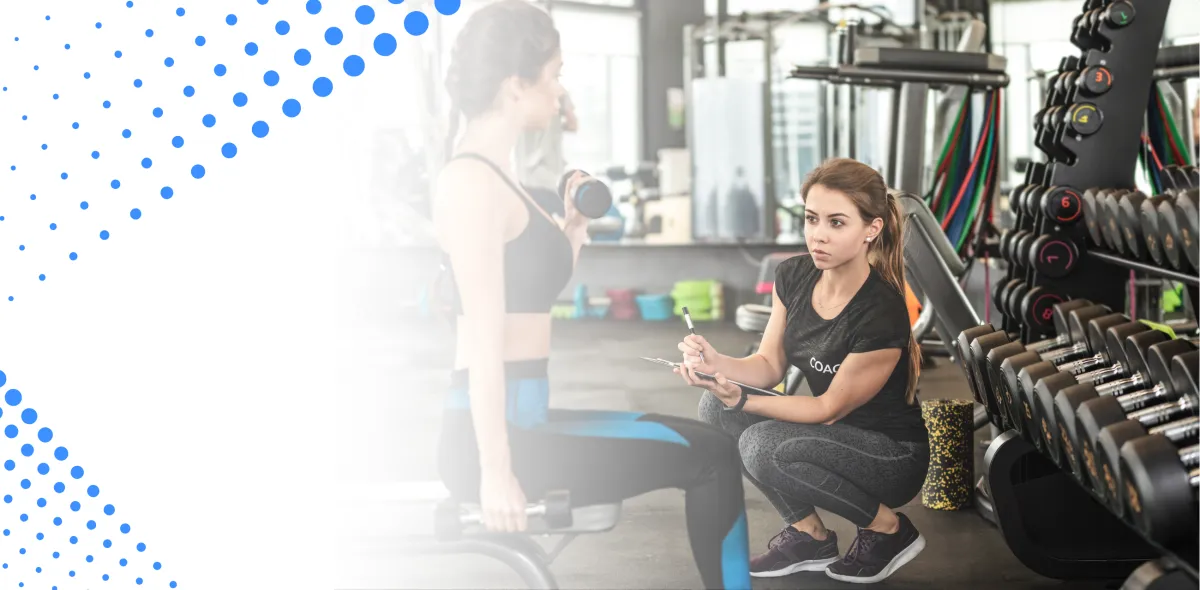
ENGAGE WITH OTHERS
A community of people just like you who will be there to support and motivate you every step of the way.
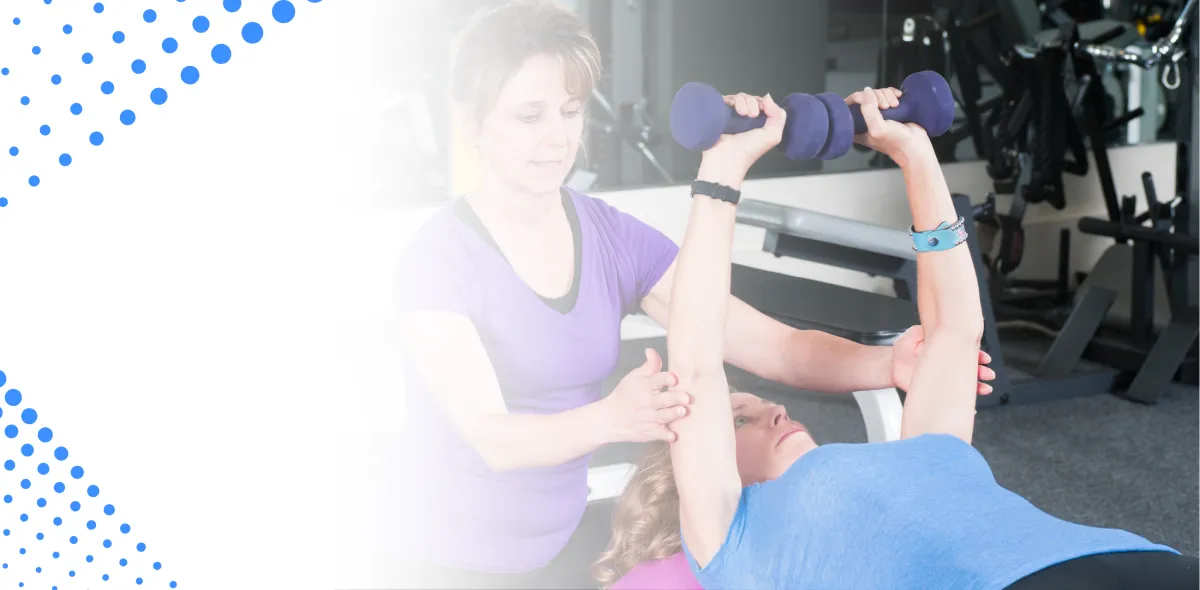
ACCOUNTABILITY
Meditation techniques to help you find your zen and reduce stress.
GET YOUR FITNESS SUCCESS AFTER 40 JUMPSTART
Achieve lasting fat loss and redefine your relationship with fitness!

Frequently Asked Questions
I’m over 40 and have a slow metabolism. Will this program work for me?
Absolutely! My program is designed specifically for women over 40 to reset their metabolism, boost energy, and promote sustainable fat loss—without extreme dieting or exhausting workouts.
Do I need a gym membership to follow this program?
No! All of your sessions are held at our private personal training studio. It's an intimidation -free studio. All sessions are by "appointment only" so you are always our priority.
What kind of support will I receive?
You will have the fun support and accountability from your coach. All sessions are hand crafted for you, your goals, your needs and your abilities. In addition, we check in on a regular basis during the week and always track your habits assuring you are always getting closer to your goals.
How much time do I need to commit each day?
My program is built for busy women. Workouts are short and effective, and the nutrition plan is simple to follow with minimal meal prep. Plus, daily check-ins help you stay on track without extra stress.
How do I access the client portal and check-ins?
Once you join, you’ll receive a private login to the client portal, where you can access workouts, meal plans, and progress tracking tools. You’ll also be able to message me directly and participate in daily check-ins for accountability and support.
